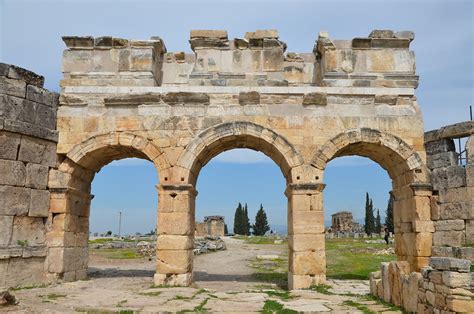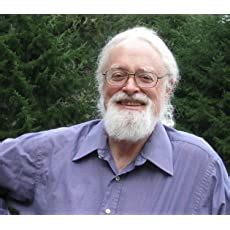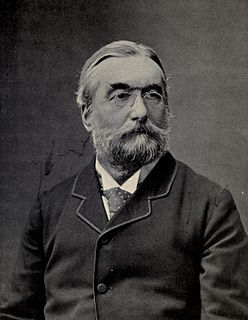A Quote by Johann Wolfgang von Goethe
Few rash of any modern nation have a proper sense of an aesthetical whole; they praise and blame by parts; they are charmed by passages. And who has greater reason to rejoice in this than actors, since the stage is ever but a patched and piecemeal matter?
Related Quotes
The soul consists of two parts, one irrational and the other capable of reason. (Whether these two parts are really distinct in the sense that the parts of the body or of any other divisible whole are distinct, or whether though distinguishable in thought as two they are inseparable in reality, like the convex and concave of a curve, is a question of no importance for the matter in hand.)
Contrary to received wisdom, the British are not an insular people in the conventional sense - far from it. For most of their early modern and modern history, they have had more contact with more parts of the world than almost any other nation - it is just that this contact has regularly taken the form of aggressive military and commercial enterprise.
Modern physics has taught us that the nature of any system cannot be discovered by dividing it into its component parts and studying each part by itself... We must keep our attention fixed on the whole and on the interconnection between the parts. The same is true of our intellectual life. It is impossible to make a clear cut between science, religion, and art. The whole is never equal simply to the sum of its various parts.
I will insist the Hebrews have [contributed] more to civilize men than any other nation. If I was an atheist and believed in blind eternal fate, I should still believe that fate had ordained the Jews to be the most essential instrument for civilizing the nations. They are the most glorious nation that ever inhabited this Earth. The Romans and their empire were but a bubble in comparison to the Jews. They have given religion to three-quarters of the globe and have influenced the affairs of mankind more and more happily than any other nation, ancient or modern.
Who shall blame whom, who praise whom? Whom to seek, whom to avoid? I seek none, nor avoid any, for I am all the universe. I praise myself, I blame myself, I suffer for myself, I am happy at my own will, I am free. This is the Jnâni, the brave and daring. Let the whole universe tumble down; he smiles and says it never existed, it was all a hallucination. He sees the universe tumble down. Where was it! Where has it gone!






































